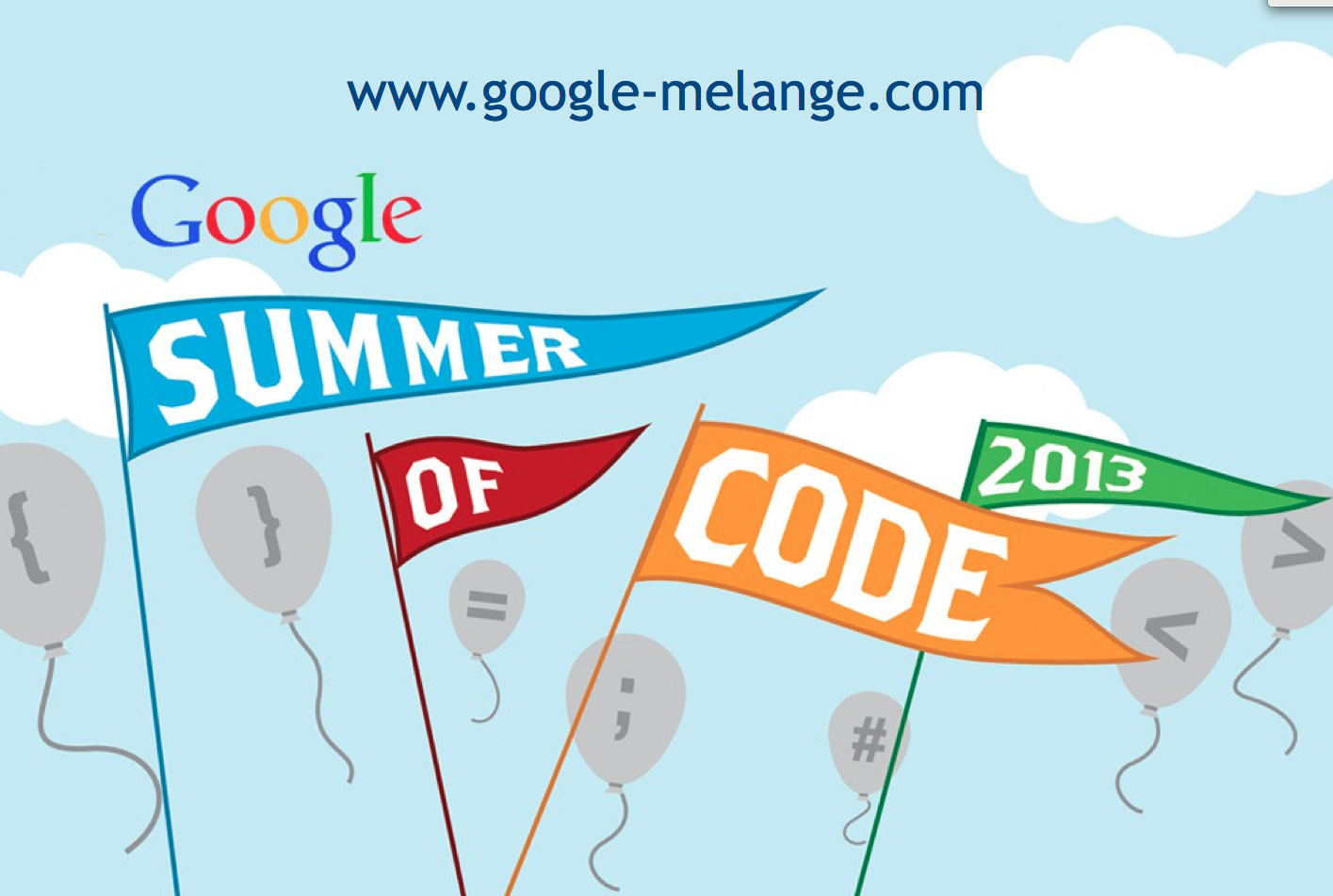Google Summer of Code Meetups, Episode 2: Chattanooga, TN, USA
March 20th, 2013 | Published in Google Open Source

UTC IEEE CS Presentation
The University of Tennessee at Chattanooga IEEE-CS student chapter hosted presentations on RTEMS and the Google Summer of Code 2013. About twenty-five people were in attendance including two faculty members.
As students entered the room they were greeted with a montage of pictures of some of the projects that use RTEMS including the BMW Superbike, Curiosity, Herschel, Milkymist, Solar Dynamic Observatory, and MMS. There were plenty of questions about the projects, the hardware they used, and how they used RTEMS.
The Google Summer of Code information session started with the official Google Summer of Code slides. It is important to emphasize that all types of FLOSS (Free/Libre/Open Source Software) projects are represented in Google Summer of Code and that all of the organizations are interested in student participation. Being an effective Google Summer of Code organization requires us to provide wish lists, mentors, regular interaction with students, friendly communities, etc. It is important for students to find an organization and project that they are interested in and that inspires them.
Next came the RTEMS specific presentation which very briefly introduces RTEMS but focuses more on recent activities, ongoing activities, and our wish list. It highlights areas in which we want improvements to occur. This is not limited to just source code -- we want improvements in our software development processes and supporting tools as well. I ended the RTEMS part of the session by reminding them that even though I would love to see them all as RTEMS contributors, I would be equally happy to see them involved in the FLOSS community on any project. We are a collection of organizations but do have common goals.
There were questions on both Google Summer of Code in general and RTEMS. The Google Summer of Code questions were interesting:
• One student asked where Google Summer of Code work occurred. The FAQ addresses this and the answer is that the work is performed online, so wherever the student is.
• There were multiple questions on how the mentoring worked. I tried to explain how we interacted with the students including during the proposal phase following through to design discussions, implementation challenges, testing and documentation.
• One student was interested in what mechanisms were used to communicate with the mentors. I described how communication was very rarely face to face because students were usually not in the same location (or even same timezone) as their mentor. The exact mix of communication varies by organization but they could expect any combination of IRC, email lists, chat, forums, and video conferencing. For example, RTEMS relies primarily on email lists, IRC and chat although we are experimenting with Google Hangouts for developer meetings.
Good luck to all of the students applying for Google Summer of Code 2013!
By Joel Sherrill, Google Summer of Code RTEMS Mentor and Organization AdministratorStay tuned for our next Google Summer of Code meetup post next week. Open source organizations are applying to be mentoring organizations for this year’s program now through Friday, March 29th. You can visit the program timeline for important upcoming dates.
By Stephanie Taylor, Open Source Team